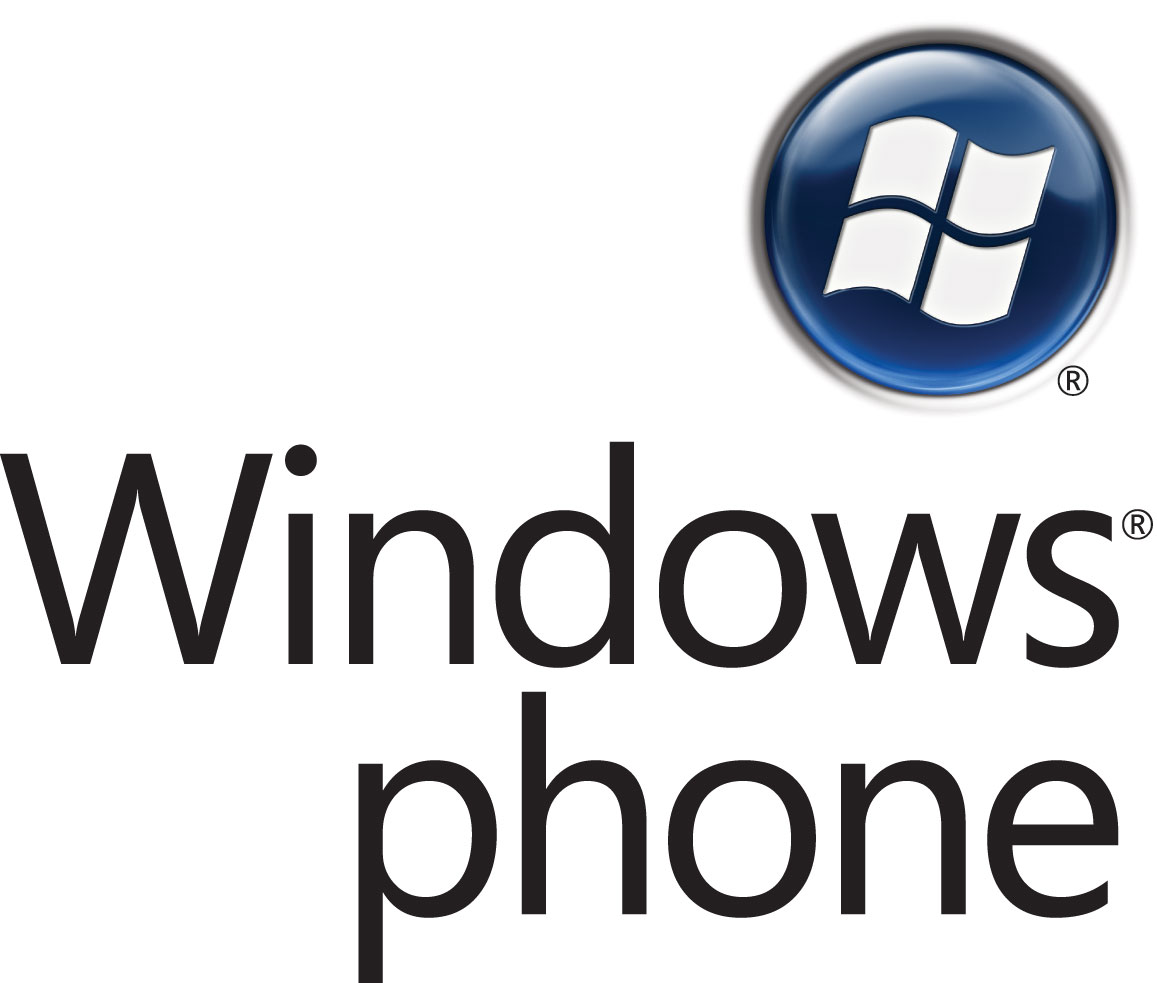Verizon and Motorola put the smack down on Windows Phone 7


Verizon's CTO Tony Melone: "I do want a strong third OS out there. It gives the carriers more flexibility and balances the interests of all the parties. But I still have doubts whether Microsoft will get the traction they are hoping for with Windows Phone 7." Melone went on to give his thoughts on the Microsoft deal with Nokia to put Windows Phone 7 on its handsets. "I don't think Verizon needs the Nokia and Microsoft relationship. Right now the three OS players we see for our network are Android, Apple, and RIM."
Ouch, that's as blunt as executives making statements in public can be. Unfortunately for Microsoft (and Nokia), Motorola was even more direct.
Motorola VP Christy Wyatt, in reference to the company's reasoning behind dropping Windows Phone 7 from Motorola's smartphone plans: "There were a bunch of things that we believed about Microsoft that ended up not being true, mostly about what functionality it would have in what period of time."
Personally I believe both companies are premature as I find Windows Phone 7 do be a breath of fresh air in the smartphone space. Microsoft has come out of the gate with a good showing, and has the resources and ability to stick around for the long haul. Windows Phone 7 will improve over time, and it will be interesting to see if either of these companies changes its tune about it.